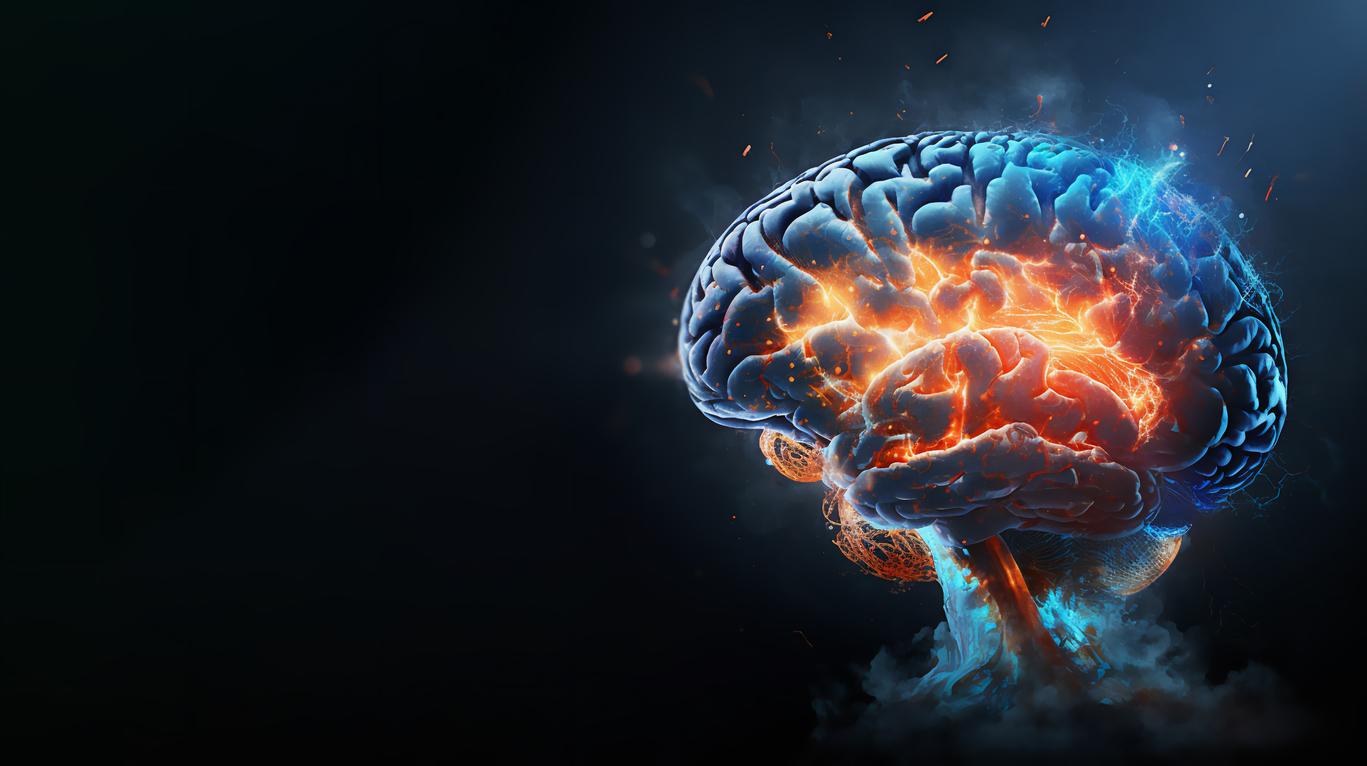A team of neuroscientists has revealed what happens in our brain when we spontaneously start moving.

- Beginning in the 1960s, neuroscientists discovered that electrical activity in the brain increases one to two seconds before spontaneous voluntary actions. Investigations showed that this activity emerged suddenly “out of nowhere,” “without environmental input.”
- According to this new study, the slowness of brain activity is part of a larger process, in which slow fluctuations in motor cortex activity must reach a certain threshold to initiate movement.
- The researchers found that many rapidly fluctuating neurons can interact in a network to give rise to very slow fluctuations in brain activity. These fluctuations can then, in turn, contribute to a “threshold crossing” event, which is considered a trigger for movement, and thus to the slow escalation.
“Imagine you are on top of a high platform and you are trying to summon the will to jump. Nothing in the external world tells you when to jump; that decision comes from within. At some point, you decide to jump, and then you jump. In the background, your brain (specifically, your motor cortex) is sending electrical signals that cause carefully coordinated muscle contractions throughout your body, causing you to run and jump. But where in the brain do these signals originate, and how are they related to the conscious experience of wanting to move your body?”
A study by neuroscientists at the Brain Institute at Chapman University in the United States appears to shed some light on what happens in the brain when it initiates spontaneous actions. The work was published in the journal Nature Communications.
The brain prepares to move two seconds before the conscious decision to move
Beginning in the 1960s, neuroscientists discovered that electrical activity in the brain increases one to two seconds before spontaneous voluntary actions. Some thought this reflected “preparation for movement following an unconscious decision to act”but investigations showed that this activity emerged suddenly “from nowhere”, “without environmental contribution”we can read in a press releaseIn the years since, neuroscientists and philosophers have debated what this resurgence of activity means for free will: “If, following an early decision to move, the brain prepares to move two seconds before you consciously decide to move, does this mean that your actions may be largely unconsciously predetermined?”
Brain Institute researchers dispute that there is preconscious information in the brain seconds before the action begins. They argue that the slowness of brain activity is part of a larger process, in which slow fluctuations in motor cortex activity must reach a certain threshold to initiate movement. “From this point of view, the important event is not the beginning of the escalation process, but rather the crossing of the threshold”they point out. One unanswered question remains: Where do these slow fluctuations in neuronal activity come from in the first place, given that the activity of individual neurons fluctuates quite rapidly, never on such a long time scale?
A “threshold” that the brain must cross before initiating movement
This study is the first to explain the origins of the slowness of neural activity before movement begins. To do this, the neuroscientists simulated spontaneous activity in simple neural networks and compared this simulated activity to intracortical recordings of humans as they moved spontaneously. They found that many rapidly fluctuating neurons can interact in a network to give rise to very slow fluctuations in brain activity. These fluctuations can then, in turn, contribute to a “threshold crossing” event, which is considered a trigger for movement, and thus to the slowness of escalation.
“We see similar slowing signals before other types of spontaneous behavior, like coming up with creative ideas or freely remembering things that have happened to us, conclude the researchers. A similar process could therefore underlie these phenomena, but only time and further research will tell.”
















